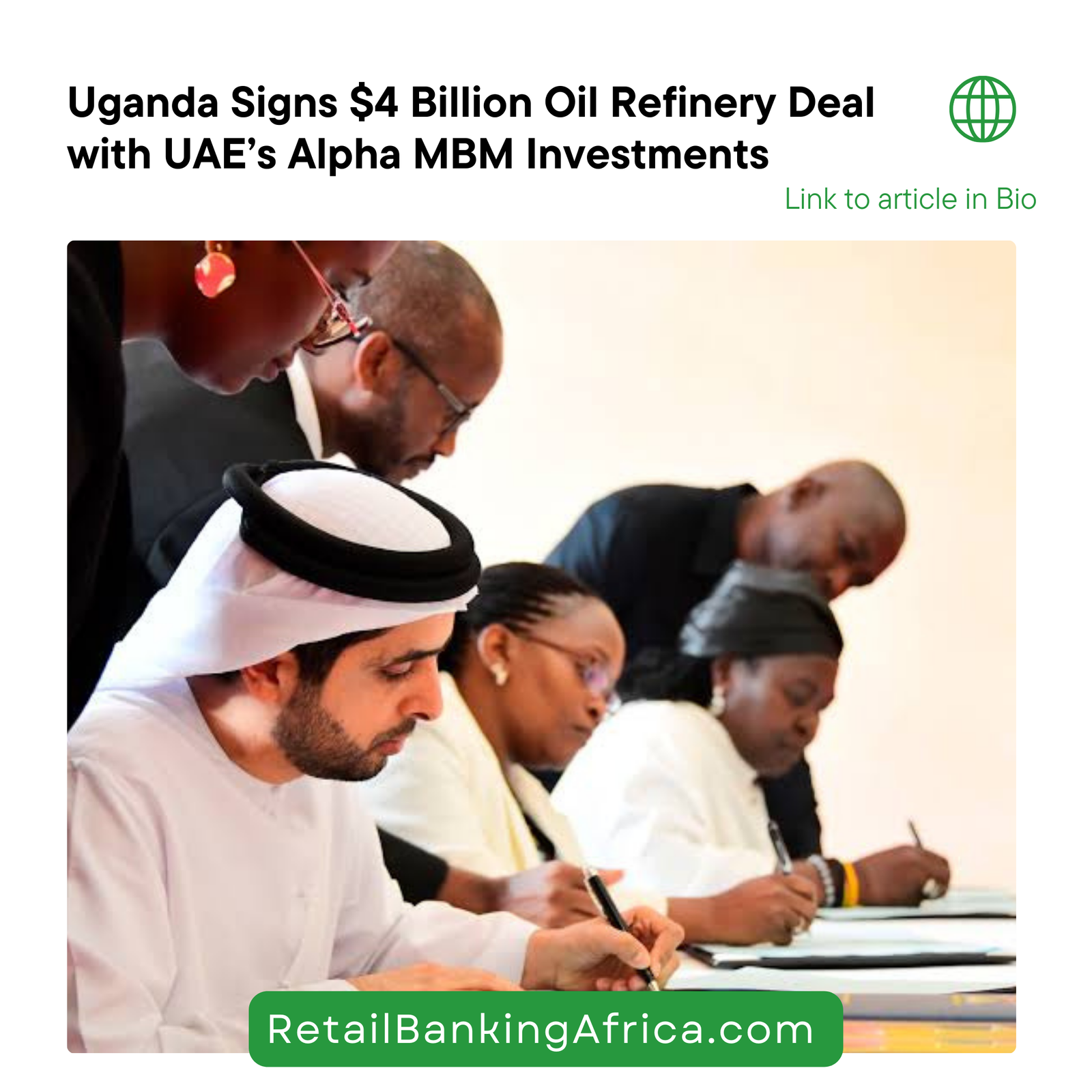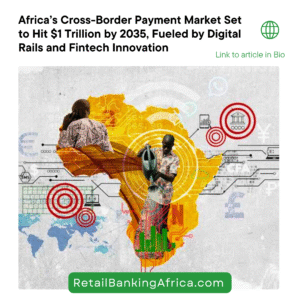Two years after Governor Babajide Sanwo-Olu first envisioned it, Lagos has finally hosted GITEX Africa’s Nigerian edition, a landmark showcase for startups and technology innovation. The dual events—GITEX Nigeria Tech Expo & Future Economy Conference at Eko Hotel Convention Centre, and the Startup Festival at Landmark Centre—brought together policymakers, investors, founders, and ecosystem leaders under one banner: resilience.
Lagos, home to over 600 startups and several unicorns, was repeatedly described as Africa’s “innovation nerve centre.” Sanwo-Olu declared, “Lagos is not just a city for today—it is a launchpad for Africa’s tomorrow.” Similarly, Trixie LohMirmand, CEO of KAOUN International, branded the city a “high-speed testbed” where necessity-driven innovation thrives.
Yet beneath the optimism lay deeper frustrations. While resilience is celebrated, founders and investors say it is no substitute for intentional government-backed funding. During a panel at Eko Hotel, Olu Olufemi-White, CEO of Alami Capital, argued that “resilience won’t build the future—we need a federal government innovation fund of global standards.”
In 2024, Nigerian startups raised $410 million in foreign capital, with fintech giant Moniepoint leading the pack at $110 million. But the ecosystem is calling for Nigeria itself to step up. As Olufemi-White put it: “Government capital is a signal to the world. If you invest in us, the world invests in us.”
Iyinoluwa Aboyeji, co-founder of Future Africa, stressed that such funding isn’t just patriotic but profitable. He warned that Nigeria cannot compete if it produces fewer than 4,000 STEM graduates annually while China graduates 3.8 million. Investment in both human capital and startups, he argued, is urgent.
For its part, the government—via NITDA DG Kashifu Inuwa—highlighted achievements like the Nigeria Startup Act and the CBN’s cashless policy, credited with sparking Lagos’s fintech boom. He also cited Nigeria’s recent $40 million co-fund with Japan for early-stage startups, alongside existing ₦10 billion seed-funding provisions.
Still, Lagos is moving ahead independently. Sanwo-Olu announced a proposed Innovation Fund equal to 1.5% of the state’s annual capital budget, designed to consolidate smaller pools like the ₦1 billion LASRIC fund. Startups in Lagos secured $252 million in 2024, while LASRIC has disbursed $330,000 to over 40 ventures.
As foreign inflows tighten, the ecosystem’s plea was clear at GITEX Lagos: resilience must be matched with resources. The event underscored that government funding could be the bridge between Lagos’s raw talent and its next wave of unicorns.













